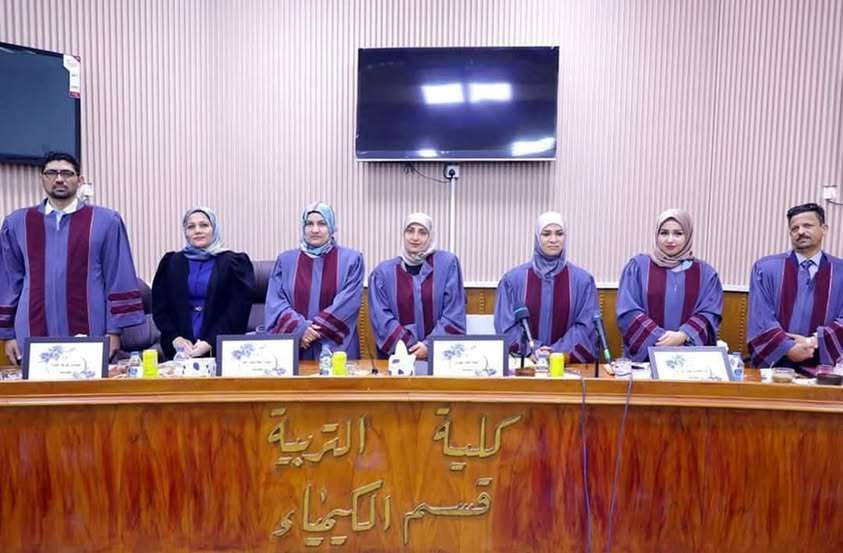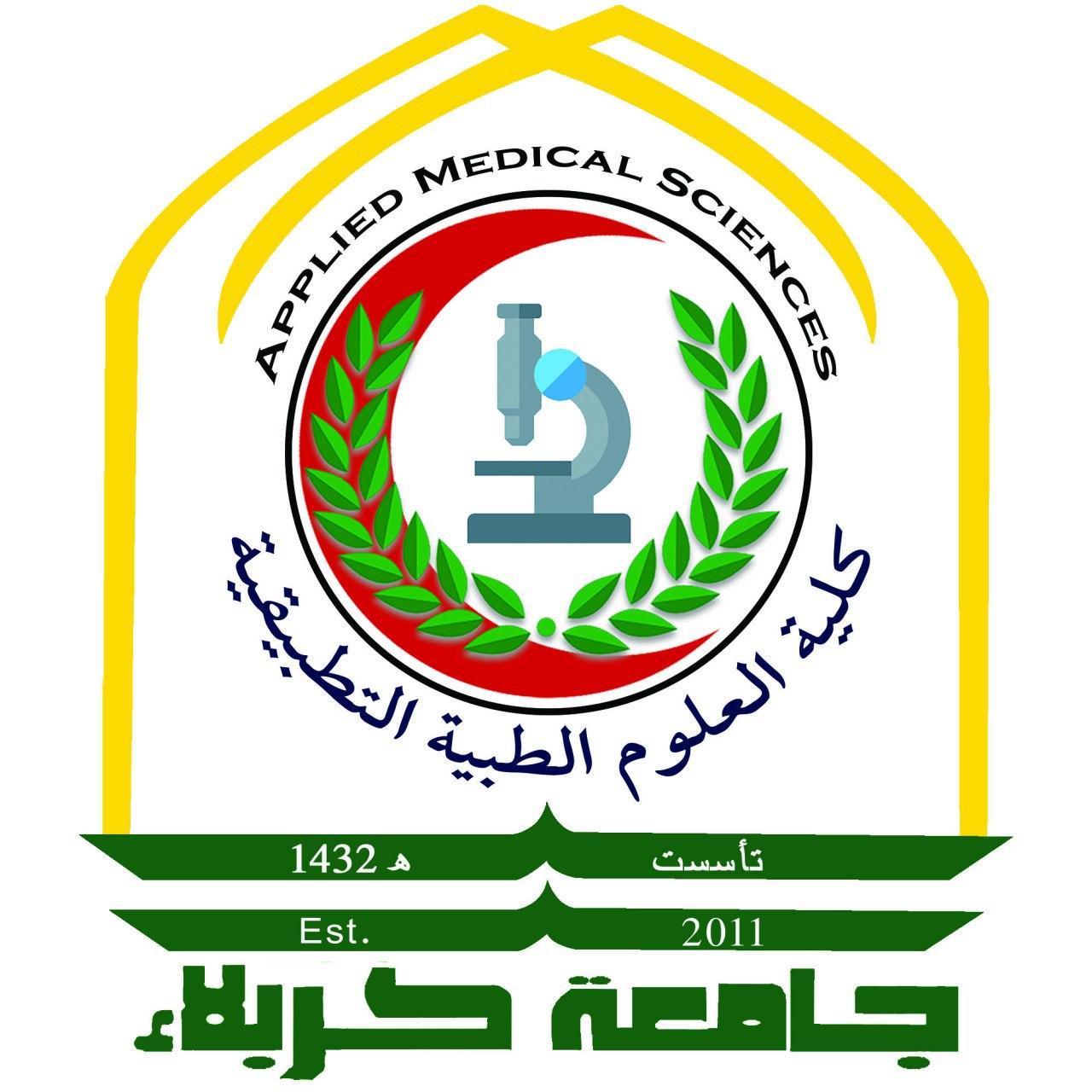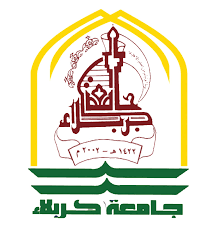College of Education, University of Al-Qadisiyah discussed a Ph.D. thesis on using of Spirulina platensis extracts as an antioxidant and anti-inflammatory in thalassemia patients who depend on blood transfusion by the postgraduate student, Mr. Azhar Askar Hammadi.
The thesis aimed at evaluating the role of spirulina as an antioxidant and its effect on thalassemia patients, as well as evaluating the levels of iron, liver enzymes, kidney functions and immunity and reviewing the role of spirulina in immunity and its effect on thalassemia patients and determining the effectiveness of the aqueous, alcoholic and hexane extracts of spirulina using GC-MS technology.
The thesis concluded that oxidative stress occurs in thalassemia patients due to high levels of malondialdehyde, iron overload, high ferritin, liver enzymes, urea, creatinine, and low levels of transferrin, TIBC, and UBIC.
The thesis highlighted that levels of interleukin 6 and interleukin 12 were high, as well as the presence of antioxidants in the alcoholic extract of spirulina more than the aqueous and hexane extracts.
The thesis recommended conducting more research to determine the relationship between thalassemia, antioxidant levels, and oxidative stress, and conducting genetic studies to determine the effect of thalassemia on cells and mutations that may occur, which in turn lead to the occurrence of cancer, as well as limiting consanguineous marriage, especially for those who carry thalassemia genes.































































